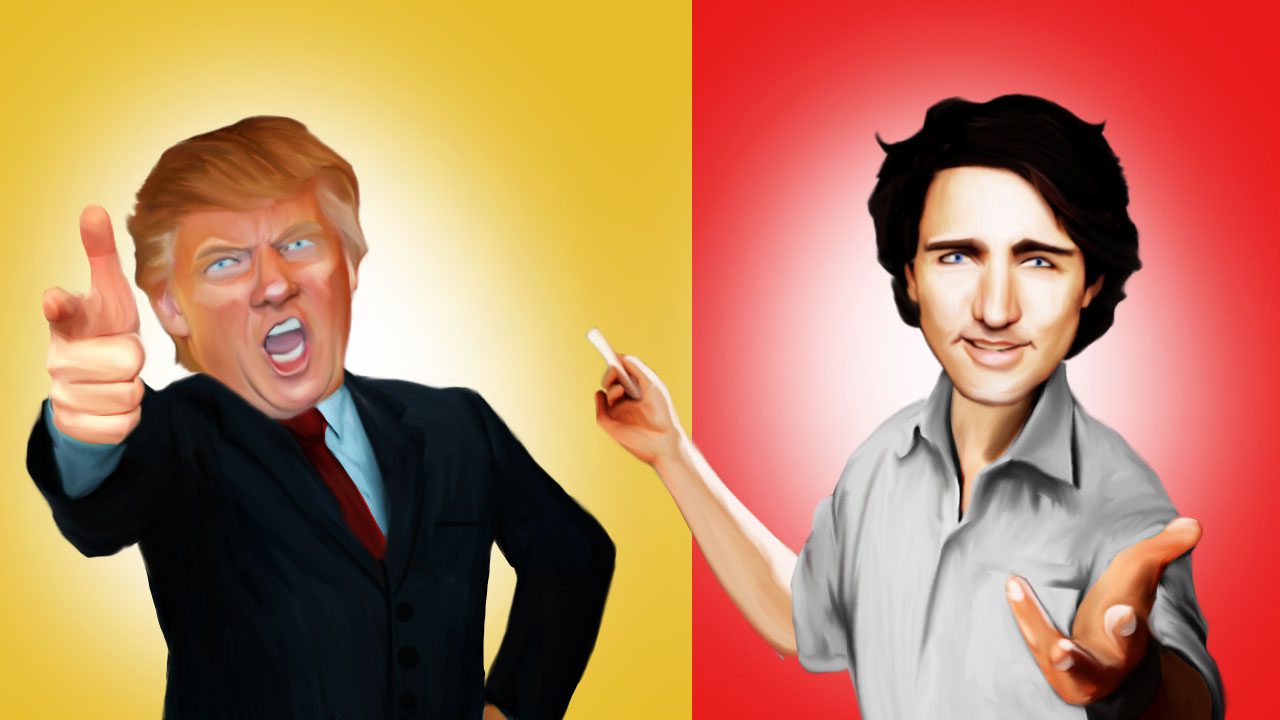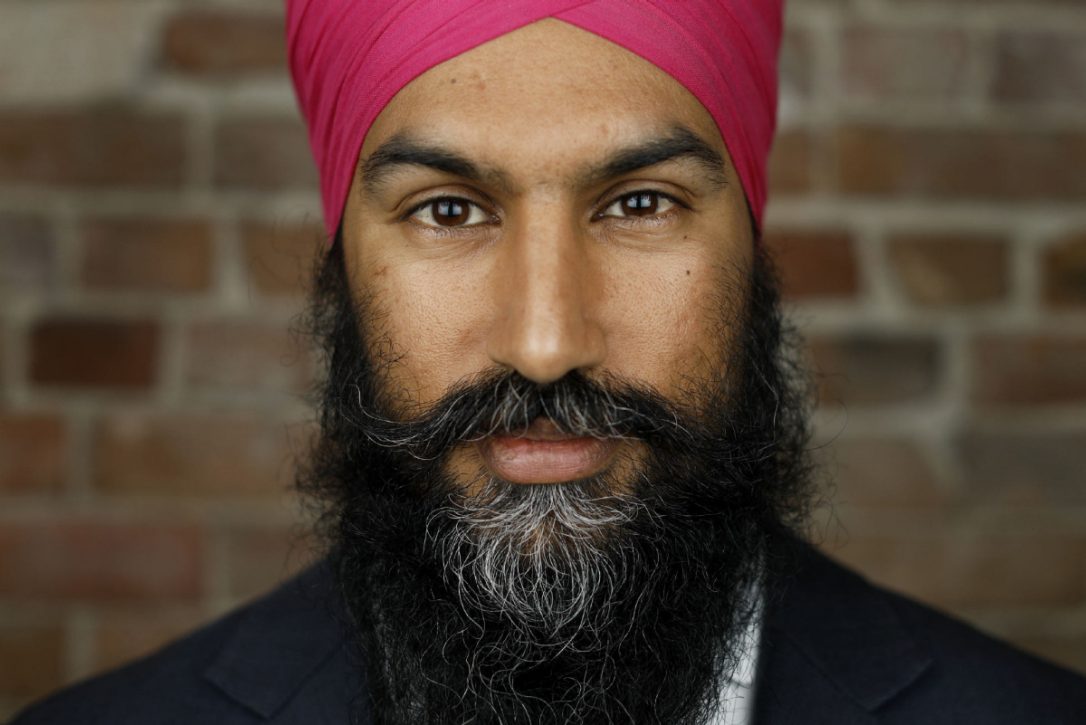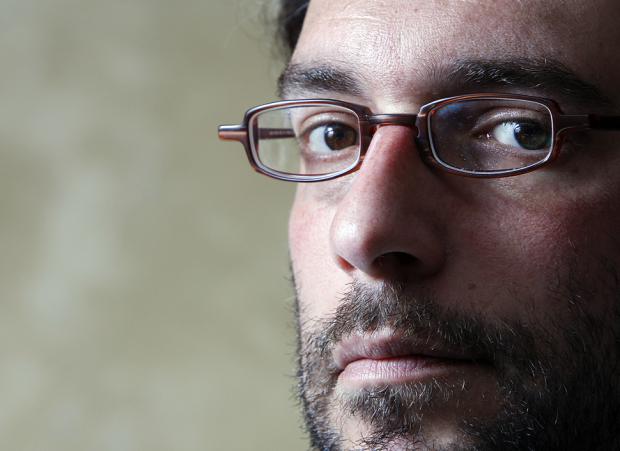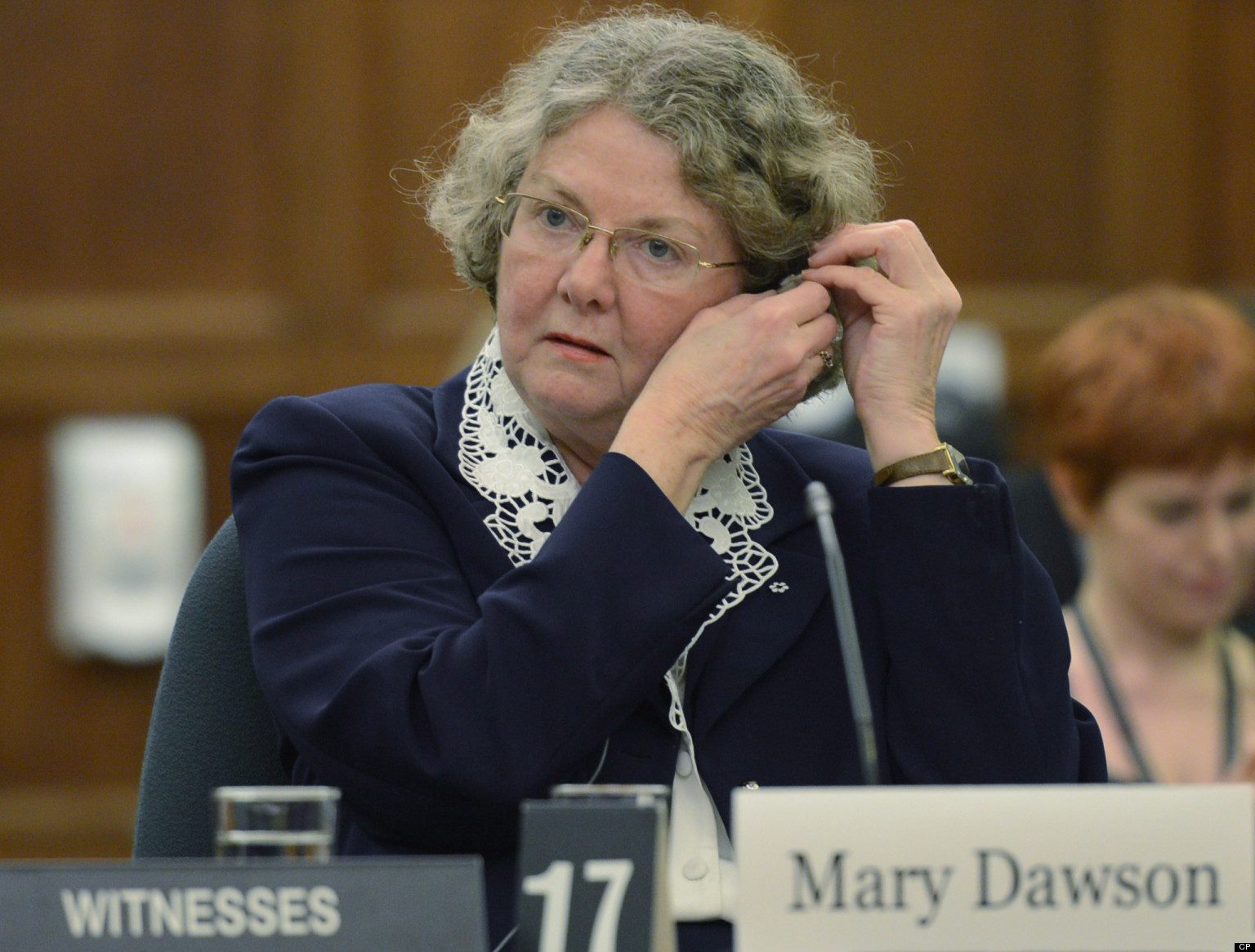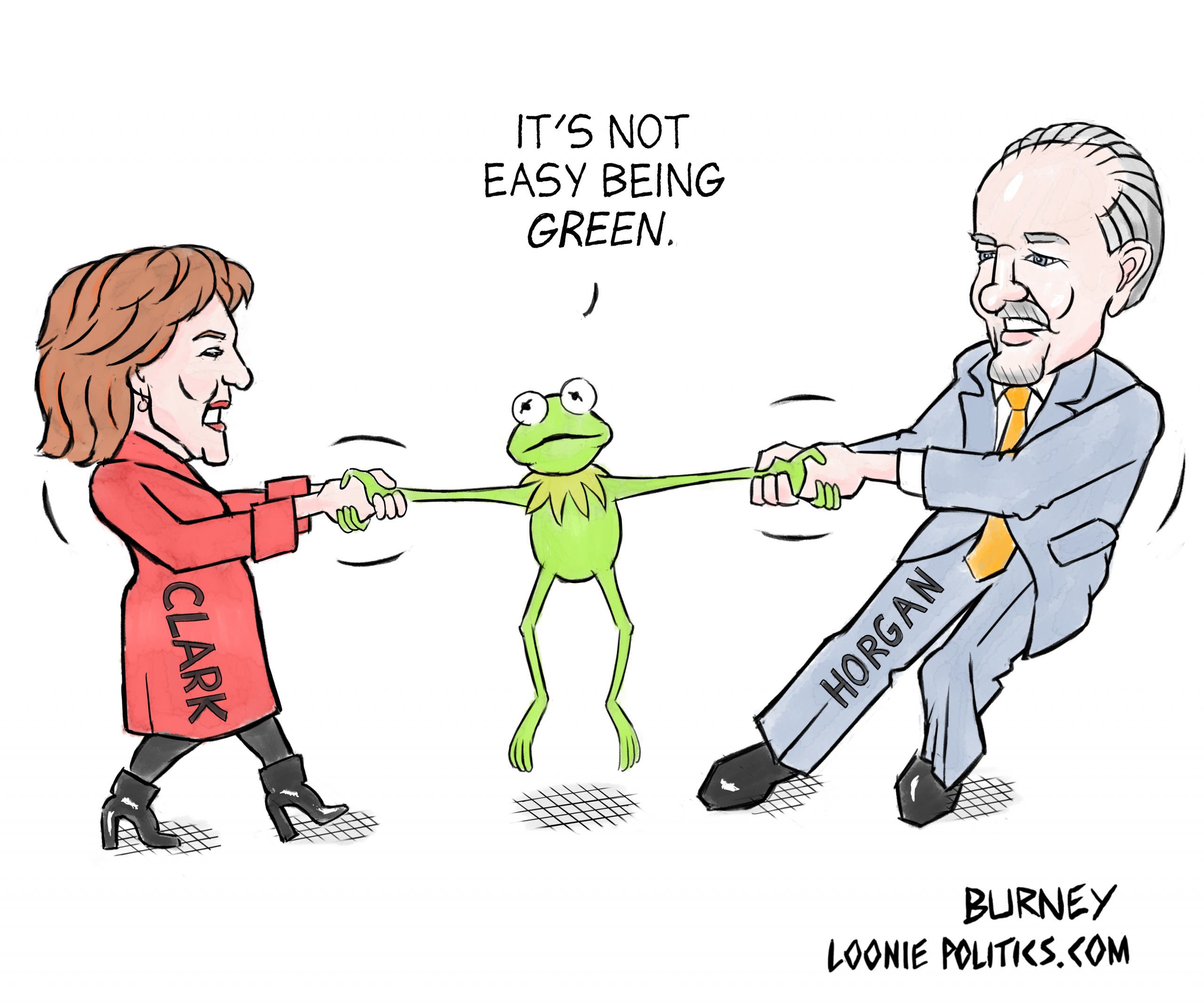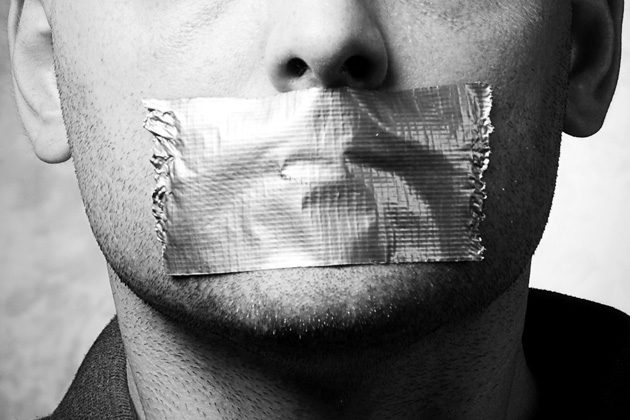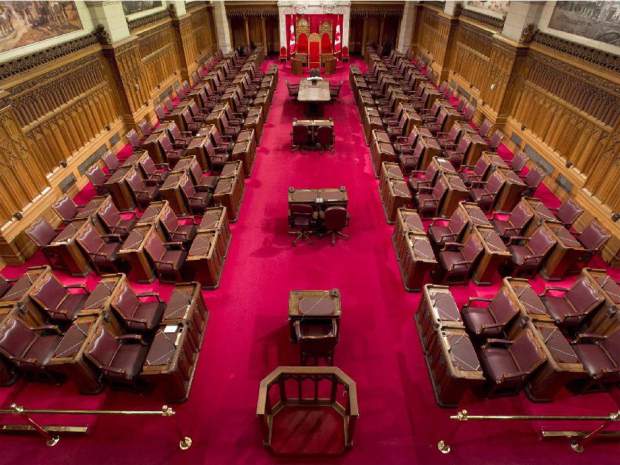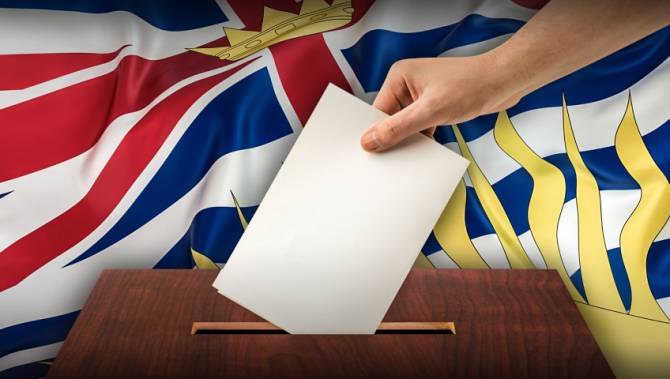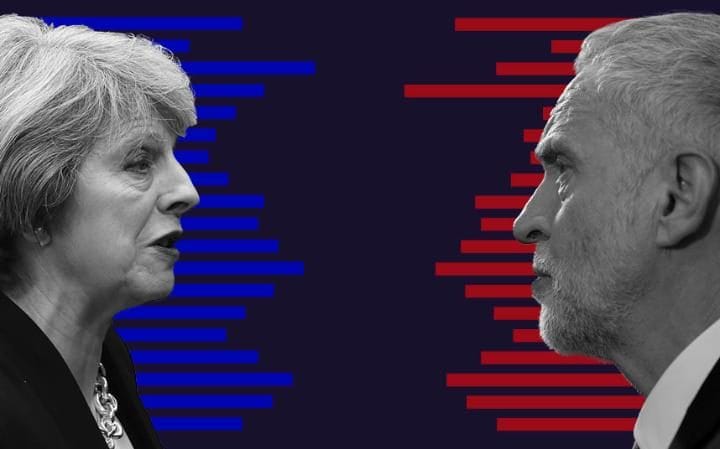It's still kind of hard to believe that Donald Trump is actually the president of the United States.
But, there he is, traipsing around the Middle East, meeting with Saudis and Israelis and generally not screwing things up entirely. He hasn't thrown up at a state dinner, or tried to exit a press conference through an ornate but very locked door.
Sure, his wife seems uncomfortable having physical contact with him, and his takeaway from the Israeli Holocaust museum seems better suited for a post on a summer camp's Facebook page than a memorial for millions people slaughtered by Nazis. But, Trump managed to read a speech to Arab leaders without falling over, and his time spent caressing a glowing orb didn't open a portal into the hellscape mind of Hieronymus Bosch.
Which is impressive, in the sense an drunken oaf stumbling into midday traffic and emerging safe on the other side is impressive. You respect the man's luck and timing, but wonder when he tries it next time whether it will turn out quite so well.
Trump's visit to Israel could have been a complete disaster, for example. It had just come to light Trump had revealed intelligence gathered by the Israelis on ISIS to the Russian government. But, even with that hanging in the air, it went…fine?
"Just so you understand, I never mentioned the word or the name Israel in conversation. Never mentioned it," Trump told the gathered press at one point. "They are all saying I did. Never mentioned the word Israel."
Which wasn't really the problem with the intelligence sharing story. But, while it was super awkward for everyone in the room, it didn't make things that much worse. Which is progress!
This brings us to the end of this week, where Trump will meet the heads of NATO, an defence alliance he's dismissed as "obsolete" and then un-dismissed some time later as "no longer obsolete." (What changed in the interim was never entirely clear, but most likely boils down to he became president and learned what NATO actually was.)
There are plenty of ways this could go badly for the president, then by extension literally everyone.
The biggest problem is that Trump has a notoriously short attention span, and seems to get irritated when he's bored. A meeting with a bunch of European leaders and diplomats is the worst place for someone of his disposition to end up. Especially several time zones out of his comfort zone after several days abroad.
Things could be particularly perilous for Canada. One of Trump's main complaints about NATO is that countries aren't pulling their weight. Right now, Canada spends about one per cent of its GDP on the military. Back in 2006, member nations agreed to spend two per cent of their country's GDP on defence. That was a commitment they reiterated in 2014, when countries that weren't meeting the threshold — that includes us — promised to make up the difference by 2024.
Whether Trump actually understands the nuances of this pledge — it's not out of the question he believes the U.S. is simply owed a pile of cash — the Canadian government makes for a ripe target.
Not only is Canada failing to meet the two per cent threshold, but we're failing in spectacular fashion. For one, our shipbuilding plans are trending slowly towards debacle, as delays and vendor complaints start piling up. (Is this a bad time to plug a story I wrote on how Canada acquired its first submarines?)
More importantly in this instance, though, is the utter disaster of the government's attempts to replace our aging fighters. Things have been bad for quite some time on this front, but this week they reached a new disaster point.
After punting the decision on what to permanently replace the CF-18 fleet with, the government said it would buy a small contingent of Super Hornets from the American firm Boeing. Then, last week, the government threatened to cancel that order if the U.S. supported a Boeing trade complaint against Montreal's Bombardier.
All the elements are here for, at the very least, a quality Twitter meltdown. A Canadian government meeting only half of its promised defence commitment has just threatened to spurn an American aerospace company — one that's gone out of its way to be nice to Trump — over a trade issue.
It could all go fine, of course. But things have been too quiet for a while now, we're due for a tantrum. If we're lucky, Canada won't be in the room where it happens.



